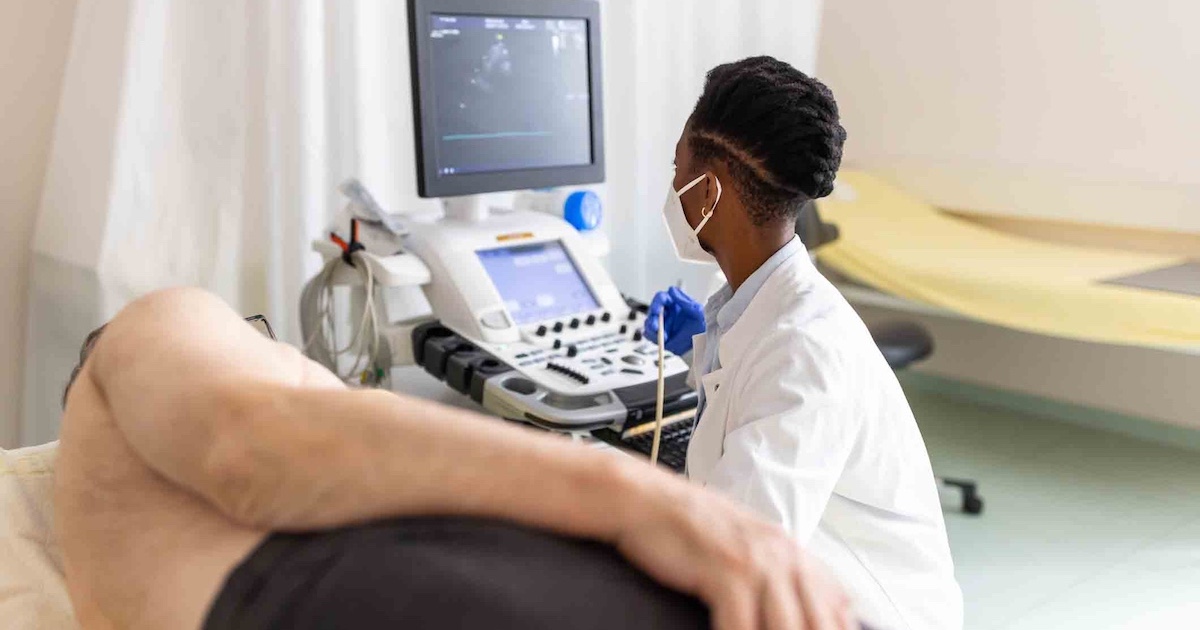A California company that measures stress through one's heart rate has gone mobile, giving physicians, athletic trainers and consumers access to the technology through their smartphones, tables and other devices.
Officials at Boulder Creek-based HeartMath say the HeartCloud platform enables users to measure their heart rate variability (HRV) wherever they are – wherever they're feeling stressed – and can analyze their heart rate patterns and receive coaching on how to reduce stress. They can also share their data with others in a team or group, sharing advice or competing with others in stress reduction challenges to reach achievements and unlock rewards.
Catherine Calarco, HeartMath's chief marketing officer, and senior vice president, told mHealth News the company has spent roughly two decades working on technology that ties HRV monitoring into stress reduction and coaching. Prior to last November's release of HeartCloud, she said, users had to plug a sensor into a PC to track and view their HRV patterns. Now they can attach a sensor to one ear, plug into a mobile device, and get their data and coaching tips on the go.
"We help people to breathe through the heart," said Calarco, who estimated more than 15,000 health professionals and thousands more personal trainers and coaches use HeartMath to coach patients and clients on stress-reduction. "What you're doing is learning how to effectively change your emotional response to stress."
Calarco said the company's emWave Pro, emWave 2 and Inner Balance app/sensor products chart a user's beat-to-beat variation of heart rate. When stressed, that pattern increases, and the chart "looks like an earthquake tracing," she said. That data is then mapped onto different charts to help users understand their HRV patterns.
According to HeartMath officials HRV has long been considered an important marker of physiological resilience and behavioral flexibility, reflecting one's ability to adapt to stressful situations. While in sports it may be used to improve an athlete's performance, in healthcare it helps predict future health problems, ranging from heart and blood pressure problems to psychological and sleep disorders.
With the release of a cloud-based platform, Calarco said the technology is gaining traction with large providers who not only want to help their patients manage stress, but are looking to help their doctors and nurses as well. There's also interest in the payer and health plan market, she said, with stress management being at the top of many health and wellness regimens.
"We are getting approached by all the big players" in the healthcare industry, she said. "I would love to see us become integrated into what I'd call the consolidation of sensors."


